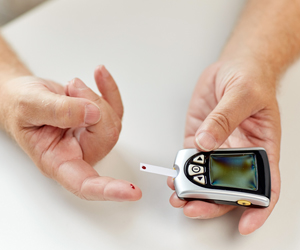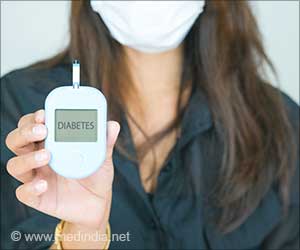A new study has revealed that oral medicines may be enough to control type 2 diabetes, meaning that people suffering from the condition may be able to lead an insulin-free life.
Oral diabetes medications help control blood glucose, or sugar, levels in people whose bodies still produce some insulin, as is true for many patients with type 2 diabetes."Generally, both patients and physicians believe that long-term use of oral diabetic medications is not possible because these drugs lose their effectiveness over time as the patient's pancreas fails," said lead researcher Arthur Swislocki, of the Veterans Affairs (VA) Northern California Health Care System in Martinez.
"Our data suggest that some patients can remain in good glucose control for years using non-insulin, oral diabetic agents," he added.
During the study, Swislocki and his team looked at VA medical records of 191 veterans including 188 men and 3 women with type 2 diabetes, who received treatment starting in 1992 and received follow-up for 15 consecutive years. Of these patients, 96 began treatment solely with oral drugs.
The researchers found that 55 percent of the patients who started treatment with oral diabetic agents were able to continue using them 15 years later and achieve good blood sugar control.
Moreover, a measure of long-term blood sugar control, hemoglobin A1c, improved from an average of nearly 8 percent to about 7 percent 15 years later in this group.
Advertisement
Therefore, if one class of drugs became less effective, other classes could be added in combination.
Advertisement
The study was presented at The Endocrine Society's 90th Annual Meeting in San Francisco.
Source-ANI
RAS/L











